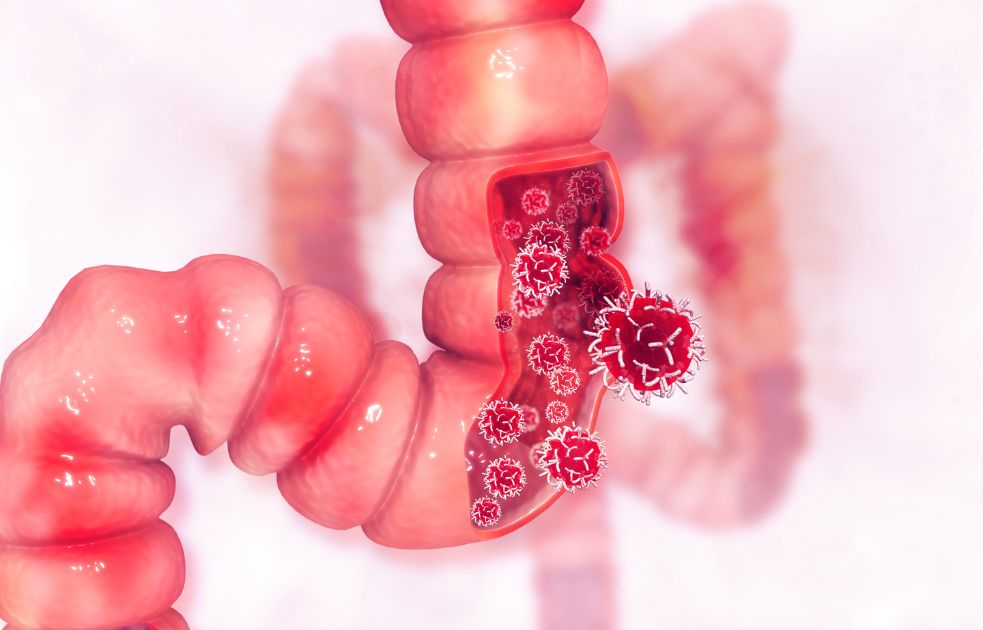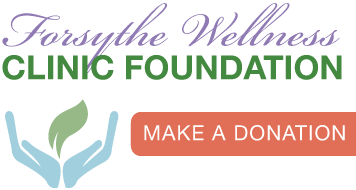Colon cancer, also known as colorectal cancer, is a type of cancer that starts in the colon or rectum. It is the third most common type of cancer worldwide, with over 1.9 million new cases diagnosed in 2020 alone. Colon cancer is a serious and life-threatening condition, but early detection and treatment can greatly improve the chances of survival.
Symptoms
The symptoms of colon cancer can vary depending on the location and size of the tumor, but some common signs and symptoms include:
- Blood in the stool or rectal bleeding
- Abdominal pain or cramping
- Changes in bowel habits, including diarrhea or constipation
- A feeling that the bowel does not completely empty
- Unexplained weight loss
- Weakness or fatigue
It is important to note that these symptoms can also be caused by other conditions, and not all cases of colon cancer present with symptoms. This is why regular screening for colon cancer is recommended, even for people who are not experiencing any symptoms.
Risk Factors
There are several risk factors that can increase the likelihood of developing colon cancer, including:
- Age: The risk of colon cancer increases with age, with most cases diagnosed in people over the age of 50.
- Family history: People with a family history of colon cancer or certain genetic syndromes are at a higher risk of developing the disease.
- Lifestyle factors: Poor diet, lack of physical activity, obesity, smoking, and heavy alcohol consumption can all increase the risk of colon cancer.
- Certain medical conditions: People with inflammatory bowel disease, such as ulcerative colitis or Crohn’s disease, are at a higher risk of developing colon cancer.
Prevention and Screening
While it is not possible to completely prevent colon cancer, there are several steps that can be taken to reduce the risk of developing the disease. These include:
- Maintaining a healthy diet and lifestyle: Eating a balanced diet, exercising regularly, maintaining a healthy weight, and avoiding smoking and heavy alcohol consumption can all help to reduce the risk of colon cancer.
- Regular screening: Screening for colon cancer can help to detect the disease early, when it is most treatable. The recommended screening method depends on a person’s age, family history, and other risk factors, but may include colonoscopy, fecal occult blood tests, or other tests.
Standard Treatment Options
The treatment for colon cancer depends on several factors, including the stage of the cancer, the location of the tumor, and the person’s overall health. Some common treatment options include:
- Surgery: Surgery is often the first line of treatment for colon cancer, and may involve removing the tumor and nearby lymph nodes.
- Chemotherapy: Chemotherapy is a type of medication that is used to kill cancer cells throughout the body.
- Radiation therapy: Radiation therapy uses high-energy radiation to kill cancer cells and shrink tumors.
Alternative Treatment Options
If you are interested in alternative, and proven successful, treatments for colon cancer in Reno, Nevada, contact Forsythe Cancer Care Center.
Treatment options at Forsythe Cancer Care Center include:
- The Forsythe Immune Protocol™ (FIP): shows an average overall survivorship rate of 68% depending on specific cancers as identified in a prospective study over a 120-month period in 2,000 Stage IV cancer patients analyzed from 03/12-03/22.
The “FIP” protocol involves a complete consultation with review of accompanying medical records along with pertinent Laboratory reports, Biopsy Reports, X-Rays, CAT Scans, Pet Scans, Ultrasounds and MRIs. Learn more here.
- SOT: Supportive Oligonucleotide Technique (SOT) has the ability to induce apoptosis, or cell death, in cancer cells. Learn more here.
- CTCs: Dr. Forsythe introduces the genomic cancer testing on circulating tumor malignant cells (CTCs) found in whole blood to all his patients. CTCs are one of the best non-invasive cancer markers as it gives an accurate and paramount picture of the tumor and is useful to:
- Estimate prognosis
- Detect cancer that remains after treatment (residual disease) or that has returned after treatment
- Assess how well a treatment is working by the CTC numbers
- Monitor whether the treatment has stopped working
In some cases, a combination of these treatments may be used to achieve the best possible outcome.
Treating Colon Cancer in Reno, Nevada
Colon cancer is a serious and potentially life-threatening condition, but early detection and treatment can greatly improve the chances of survival. It is important for people to be aware of the symptoms of colon cancer, as well as the risk factors and screening recommendations. By taking steps to reduce the risk of colon cancer and undergoing regular screening, people can help to detect and treat the disease early, when it is most treatable.
If you are interested in learning more about the alternative cancer treatment options available at Forsythe Cancer Care Center in Reno, Nevada, please contact us or give us a call today at 877-798-0707.





